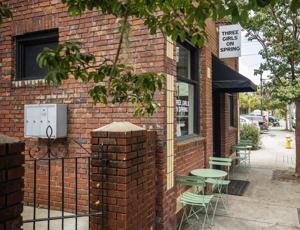Stress is the natural human response to pressure that affects anyone, from adults to children. It can impede the daily activities of people apart from impacting their mental health. If stress is left untreated, it can lead to several health issues, such as high blood pressure, obesity, stroke, heart disease, and diabetes.
Urban residents are 21 percent more likely to suffer from anxiety disorders and 39 percent more likely to experience mood disorders compared to rural residents, a study according to Healthline has revealed. The study considered 15 indicators, including unemployment rates, safety, weather, access to health services, and gender equality, among other indications that might stress people. : Topping the list, of the most stressful cities globally is Mumbai.

Its residents must cope with uncontrolled air and light pollution, which affects their physical health but also contributes to psychological distress. Because of the city's dense population, overcrowding has resulted in insufficient access to basic healthcare and social security benefits. Infrastructural difficulties and people always on the go, create a stressful atmosphere for its residents.
Lagos, the second most populated city in Africa, poses various challenges for its residents. Traffic congestion and prolonged travel time lead to frustrating commutes. The city also struggles with insufficient housing and water supply shortages.
It is further aggravated by overcrowding, leading to subpar living standards.























